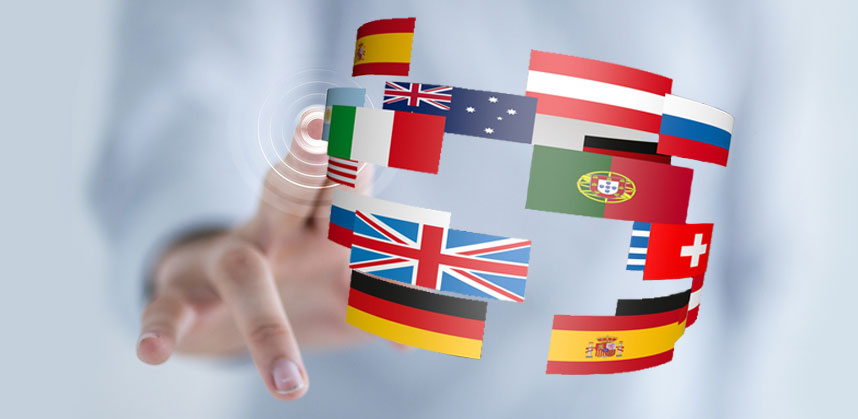The plurality of legal systems and linguistic differences can hinder contractual understanding between the parties in the internationalization of business activities, preventing, for example, participation in tenders and public procurement, but also leading to situations in which there is the risk of damage to the company's assets or image or there is the need to take legal action.

We offer our customers translators with knowledge in comparative law, acquired in the field of legal translations in all areas of procedural and substantive law.
We deal with translations related to legal opinions, deeds, bylaws, rulings, litigation, procedures, contracts and powers of attorney in several areas:
- international arbitration
- summonses
- incorporation acts
- mergers
- disposals
- sales contracts
- copyright, patents and trademarks
- litigation
- documentation for patents and trademarks
- memorandums
- legal opinions
- power of attorney
- credit collection
- real estate
- international adoption procedures, rulings
- bylaws
- labor disputes
- insurance disputes
Certification, legalization, apostilles and consular visas
Our team knows how to effectively deal with the management of official documentation.
If necessary, we can take care of having documents certified and legalized or having apostilles affixed.
-
Certification. Also known as “sworn translation”, this is required for translations that must have legal value in a country other than that of the source document. This is done at the Clerk of the Court's Office by the translator, who takes responsibility for the translation, swearing its compliance under oath.
-
Legalization. This is performed by a competent public officer at the office of the public prosecutor or prefecture, at consulates or embassies, and validates foreign documents for the Italian legal system and vice versa, bearing certification of conformity and certifying that the signature on the document is authentic.
-
Apostille. As with legalization, this concerns Italian documents to be validated for abroad and vice versa, and is necessary for the use of documents in countries which are signatories of the Hague Convention.
-
Consular visa. This concerns Italian documents to be validated for abroad and vice versa, and is necessary for countries that are not signatories of the Hague Convention. It is done at the consulate or embassy of the country for which the documents are intended.





